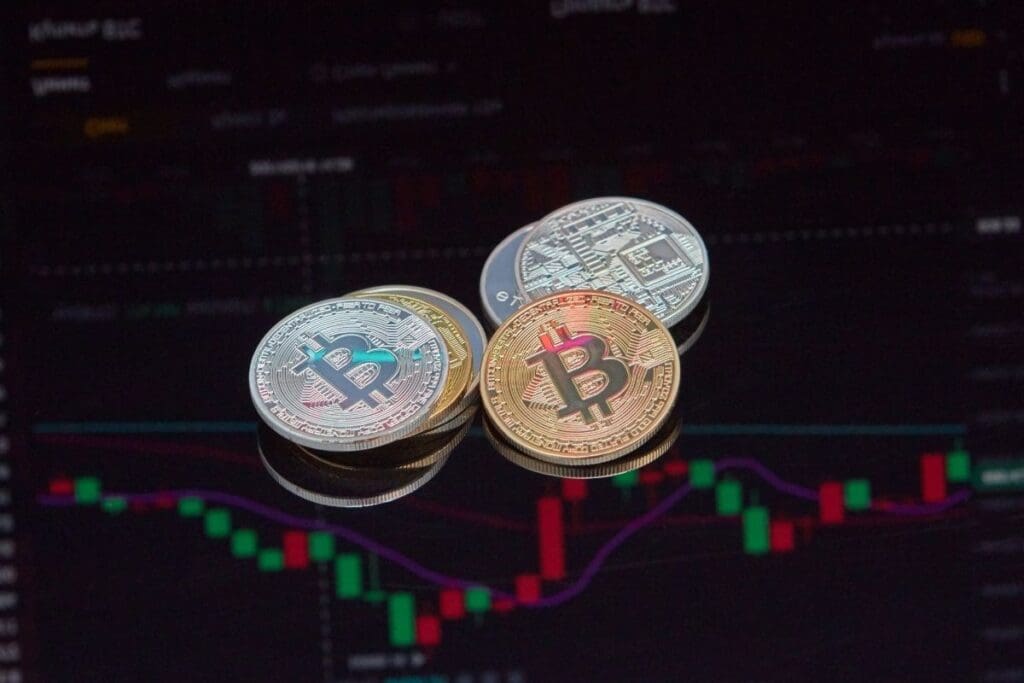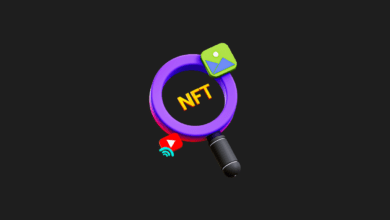Discover the Top 20 Crypto Exchanges

Cryptocurrency exchanges play a pivotal role in the digital asset economy, acting as the primary hubs for buying, selling, and trading cryptocurrencies. These platforms serve as the bridges that connect the traditional financial world with the expanding realm of digital currencies, giving users access to a diverse range of assets beyond just Bitcoin and Ethereum.
Here’s what you need to know about cryptocurrency exchanges:
- Variety of Assets: Beyond the major players like Bitcoin and Ethereum, exchanges offer a wide array of altcoins and tokens, enabling users to diversify their portfolios.
- Ease of Access: With user-friendly interfaces, exchanges make it easy for beginners and seasoned traders to navigate the world of cryptocurrency.
- Security Measures: Reputable cryptocurrency exchanges implement stringent security protocols to protect users’ funds and personal information.
As a gateway to the digital economy, these platforms empower users to explore and engage with the full spectrum of cryptocurrencies, further fueling the growth of this innovative market.
If you want to check out other exchanges for trading, please see our Cryptocurrency Exchanges page
Types of Cryptocurrency Exchanges

Centralized Exchanges (CEX): Centralized platforms are the most common type of crypto exchange. Acting as intermediaries between buyers and sellers, they provide a secure and regulated environment for transactions. CEXs offer advanced trading features, high liquidity, and customer support but require users to trust the platform with their funds and personal information.
Decentralized Exchanges (DEX): Decentralized platforms operate without a central authority, enabling direct peer-to-peer transactions. DEXs provide enhanced privacy and security by not holding users’ funds or personal data. However, they may have lower liquidity and fewer features compared to CEXs.
Hybrid Exchanges: Hybrid platforms aim to combine the best features of CEXs and DEXs, offering the security and privacy of decentralization along with the liquidity and functionality of centralized platforms.
Key Features of Cryptocurrency Exchanges

Liquidity: High liquidity signifies a stable market where assets can be bought and sold quickly without significantly impacting the price.
Security: Leading exchanges employ robust security measures, such as two-factor authentication (2FA), cold storage for funds, and regular security audits to ensure user safety.
User Interface: A user-friendly interface is essential for both beginners and experienced traders, enabling smooth navigation and efficient trading.
Fees: Trading fees vary widely among exchanges. Understanding the fee structure, including any available discounts for using the exchange’s native tokens, is important.
Customer Support: Reliable customer support is crucial, especially for new users navigating the complexities of cryptocurrency trading.
Choosing the Right Exchange

Selecting the right cryptocurrency exchange depends on your specific needs and trading goals. Key factors to consider include the types of currencies available, the fee structure, implemented security measures, and any geographical restrictions. It’s also wise to research the exchange’s reputation by reading reviews and checking its regulatory status.
The Future of Cryptocurrency Exchanges

As the crypto market evolves, exchanges are expanding their services to offer not only trading but also staking, savings accounts, and even loan services. The rise of decentralized finance (DeFi) and non-fungible tokens (NFTs) is reshaping how exchanges operate, with many platforms now supporting a broader array of digital assets and financial services.
Cryptocurrency exchanges are at the heart of the digital asset revolution, providing essential services that drive the growth and adoption of cryptocurrencies worldwide. Whether you’re a seasoned trader or new to the crypto space, understanding the landscape of cryptocurrency exchanges is crucial for navigating the market successfully.
Discover the Top 20 Crypto Exchanges

| Rank | Exchange | Trading Volume | Market Capitalization | Country | Number of Tradable Coins |
| 1 | Binance | $14,913,153,434 | $289,115,482,381 | Cayman Islands | 380 |
| 2 | Coinbase | $3,389,452,214 | $132,405,534,214 | USA | 500+ |
| 3 | Kraken | $1,523,812,457 | $62,434,014,532 | USA | 185 |
| 4 | FTX | $1,420,412,312 | $56,223,414,212 | Bahamas | 270 |
| 5 | Huobi Global | $1,123,223,322 | $45,212,322,232 | Seychelles | 350 |
| 6 | OKX | $1,023,432,412 | $41,232,342,322 | Belize | 340 |
| 7 | Bybit | $923,423,423 | $37,212,432,423 | Singapore | 250 |
| 8 | KuCoin | $823,432,542 | $33,213,432,542 | Seychelles | 600+ |
| 9 | Crypto.com | $723,542,654 | $29,234,542,654 | Hong Kong | 250 |
| 10 | Bitfinex | $623,654,765 | $25,234,654,765 | British Virgin Islands | 170 |
| 11 | BitMEX | $523,765,876 | $21,235,765,876 | British Virgin Islands | 75 |
| 12 | Gemini | $423,876,987 | $17,236,876,987 | USA | 100 |
| 13 | Gate.io | $324,987,098 | $13,237,987,098 | China | 1,400+ |
| 14 | Poloniex | $225,098,109 | $9,238,098,109 | USA | 360 |
| 15 | Bitstamp | $225,109,210 | $9,239,109,210 | Lüksemburg | 100 |
| 16 | Binance.US | $225,210,321 | $9,240,210,321 | USA | 65 |
| 17 | Huobi Korea | $225,321,432 | $9,241,321,432 | South Korea | 100 |
| 18 | Upbit | $225,432,543 | $9,242,432,543 | South Korea | 200 |
| 19 | BitFlyer | $225,543,654 | $9,243,543,654 | Japan | 15 |
| 20 | Bithumb | $225,654,765 | $9,244,654,765 | South Korea | 6 |
Note: This table is prepared based on the data obtained from CoinMarketCap as of November 14, 2024. Trading volumes cover a 24-hour period.
This table is for informational purposes only. It is not investment advice. Please do your own research before investing.
Additional Information:
- Market Cap: It is the total value of all the cryptocurrencies in circulation.
- Trading Volume: It is the total value of all the cryptocurrencies that were bought and sold on an exchange in a specific time period.
- Supported Cryptocurrencies: It is the number of cryptocurrencies that can be bought and sold on an exchange.
- Trading Fees: It is the fees that an exchange charges for buying and selling cryptocurrencies.
- Security: It is the security measures that an exchange uses to protect its users’ funds.
Before Investing:
- Before choosing a cryptocurrency exchange, it is important to research its trading volume, supported cryptocurrencies, trading fees, security, user-friendliness, and customer support.
- The cryptocurrency market is quite risky. It is important to research the risks of this market and the cryptocurrencies you will invest in before investing.









